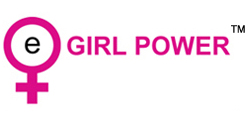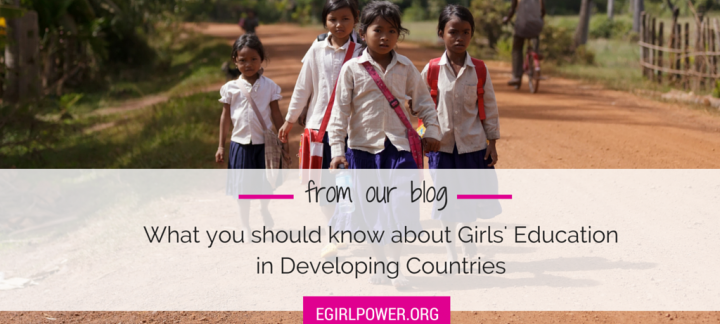What You Should Know about Girls' Education in Developing Countries
Education is key.
The ripple effects of education, particular girls in developing countries, cannot be comprehended. It can in no way be quantified. We CAN see, however, how an upward trend in girls’ education positively affects the larger community, future generations, and the future of women and children’s health.
The dearth of female education in developing countries is difficult to describe. According to the Thomas Reuter’s Foundation, one out of three young women in South and West Asia are unable to read all or part of a sentence. If current trends persist, it is estimated that the poorest part of young female population in developing countries will not be literate until 2072. Countries like Afghanistan and Pakistan are shown to be greatly lacking in female education enrollment, and in Yemen, only 36% of women are literate. At large, women comprise two-thirds of the illiterate adults around the world, and this figure has remained thus for over 20 years.
Gender equality in education is more than simply counting numbers. Those countries that may have “high” enrollment rates may actually reflect further inequity by lack of a safe learning environment. Moreover, oftentimes these same developing countries can effectively waste money by misspending resources on poor quality education.
Women who are educated in developing countries have a chance to develop life skills and become better citizens; the same women can better care for their children. It has been shown that each year of a mother’s schooling slashes the risk of infant mortality by 5 up to 10 percent. David Bull, the executive director of UNICEF, explains further that children of educated women “are far more likely to go to school creating positive effects on education and poverty reduction for generations to come.”
As the Chief Economist at World Bank, Larry Summers once stated, “Investment in girls’ education may well be the highest-return investment available in the developmental world.” Investment in girls’ education is not short-lived; in fact, it is necessary to reach anything close to the full potentiality of this world.
Help eGirl Power fight gender inequality and change the future of hundreds of girls in need through education. Donate now.


